
As if we don't all have enough to worry about during this coronavirus pandemic, there are scammers taking advantage of the situation to try and steal from people. How? Well, for example the Orange County Sheriff's Department in California has noticed an increase in emails, apps, and websites pretending to offer information on COVID-19, but all they are really trying to do is steal your personal information. Seriously, what is wrong with people? Why would anyone want to capitalize on a pandemic to steal from others?
More from MamásLatinas: Celebrities who have tested positive for coronavirus
We don't have an answer to why anyone would resort to such devious tactics to make money, but what we can do is share ways in which you can protect yourself and your personal information. This is also information you can share with your parents or any elderly people in your life who might be vulnerable to these scams. You should also warn any children in your life who have access to the internet that there is certain information that you never give out online and that there are links that should never get clicked on. While others work to take advantage of people's fear during this pandemic, let's fight back by looking out for each other.
Beware of impostors!

Just because you get an email or text from someone you think you know, don't assume it's actually from who you think it is because scammers love to pretend to be someone you trust. Let's say you get a text, phone call, or email from a friend, family member, or government official asking you for money. As tempted as you may be to help someone out financially with a "loan" or "donation," slow down and do not respond immediately without checking on the legitimacy of the request and who it is actually coming from. Most importantly, do not give out any personal information.
And don't forget to check on the legitimacy of apps as well. Just because someone went through the trouble of setting up an app doesn't mean that their app is on the up-and-up. Check the reviews, how long the app has been available, do an internet search on the app. Whatever it takes to make you feel safe.
Sales robocalls are illegal!
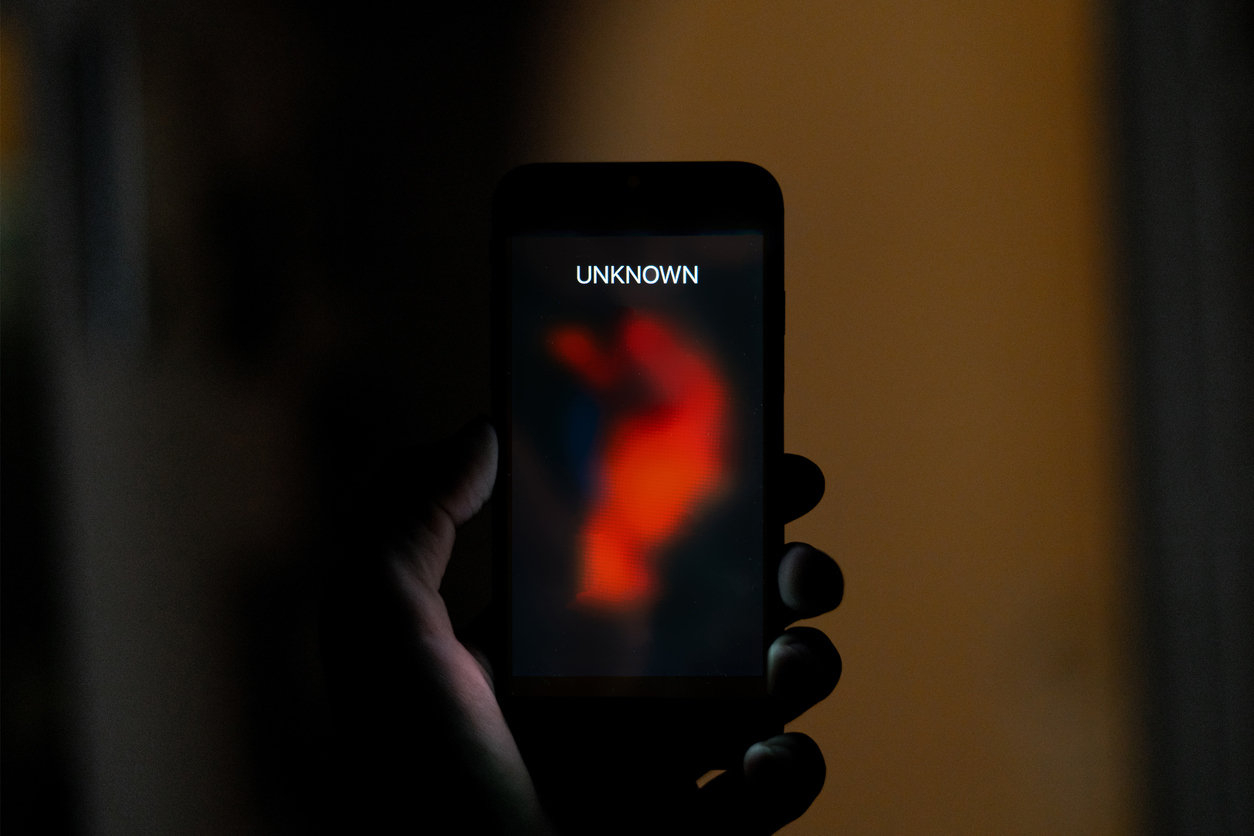
If you get a robocall with a recorded sales pitch like maybe for a test at home coronavirus kit, hang up immediately. Robocalls trying to sell you things are illegal. Not all robocalls are illegal, but the ones trying to sell you stuff are, so hang up, and then report them to the Federal Trade Commission at donotcall.gov. What you should not do if you get a sales robocall is follow any instructions that tell you to press a number to speak to a person, the person you end up speaking to is not someone you want to be speaking to.
Don't fall for the deposit a check and wire money back scam.
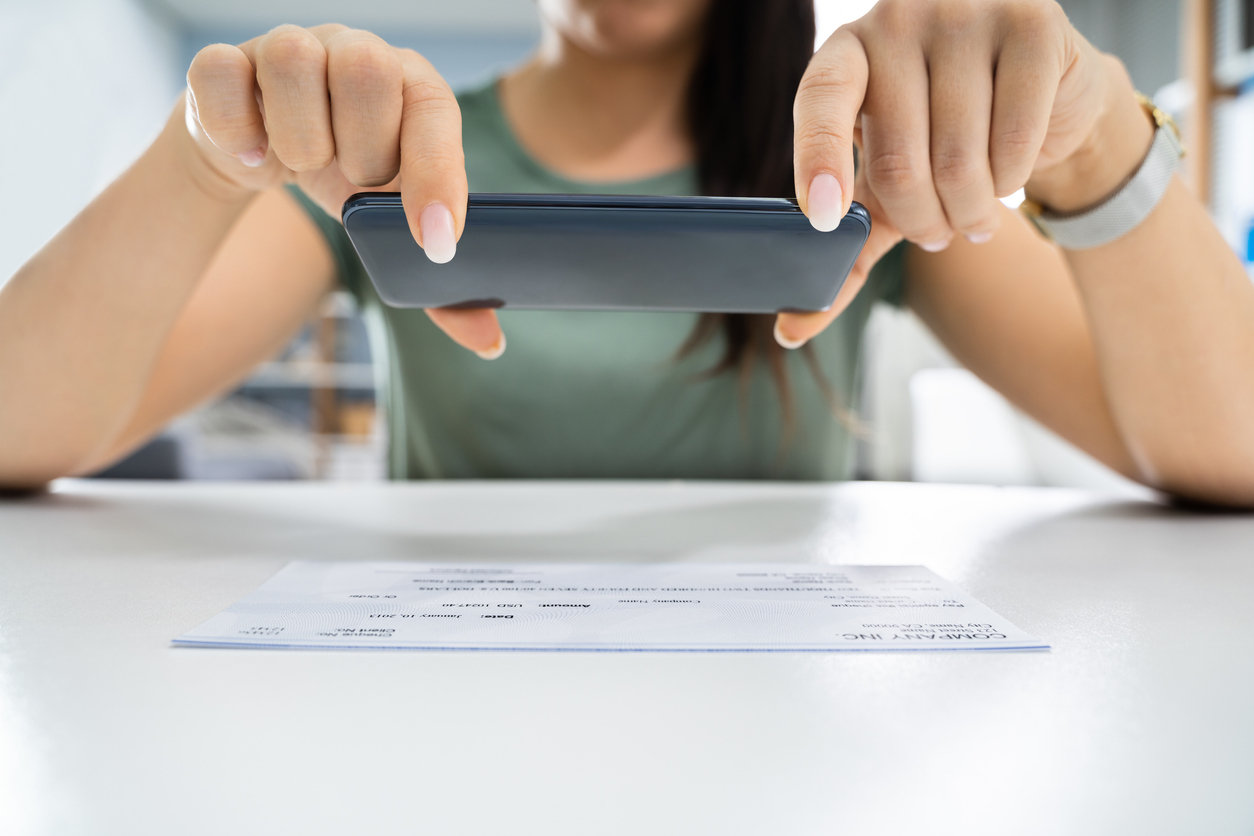
If someone offers you a check and asks you to wire money back to them, don't do it. If the check that you deposit ends up being fake, guess who is going to be responsible? You are and once you've wired money to someone, you aren't going to get it back.
Check that email address.
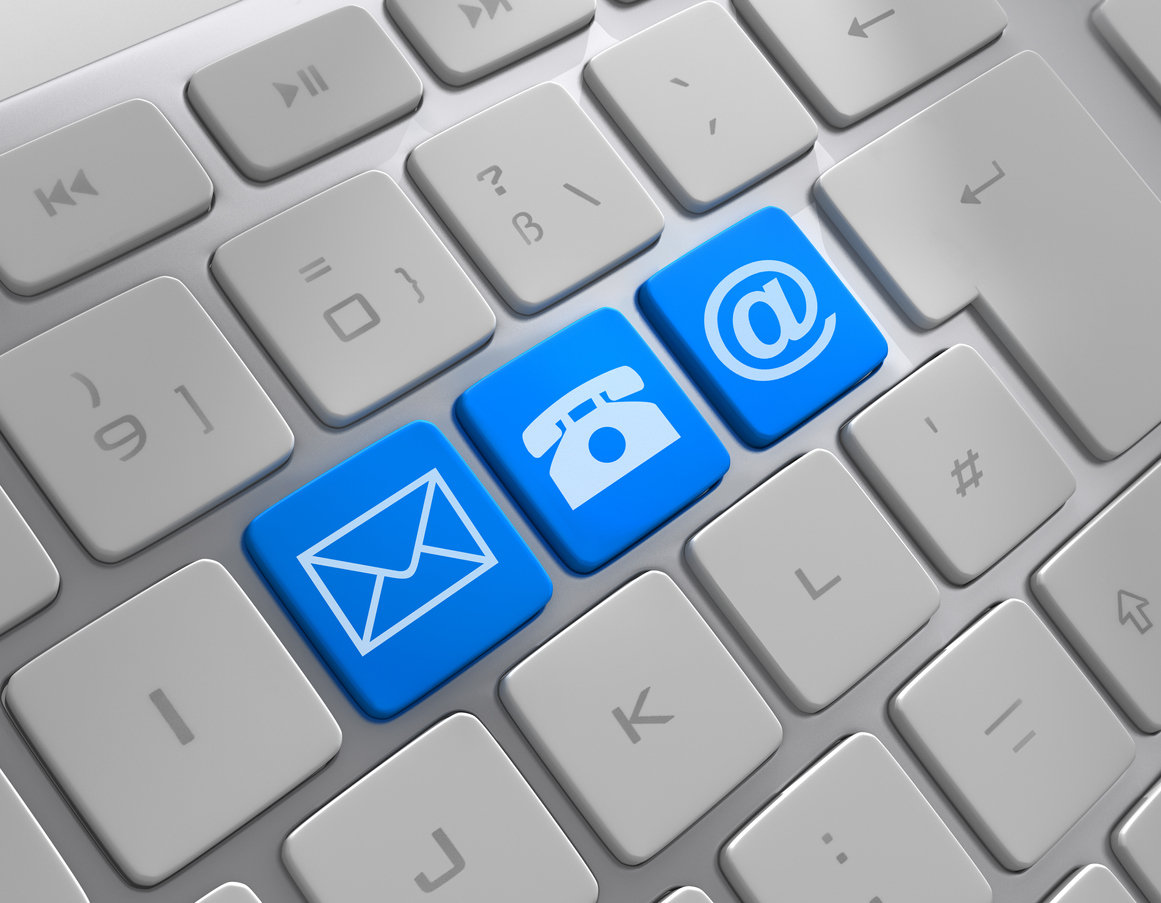
If you are getting an email about coronavirus that claims to be from the Centers for Disease Control and Prevention (CDC), World Health Organization (WHO), or any other trusted organization check the email address after the "@" symbol. Those organizations are not going to have email addresses that end in "gmail.com" or "yahoo.com" or any other kind of unofficial email provider. Those organizations only send emails from their official accounts.
Sign up for scam alerts.
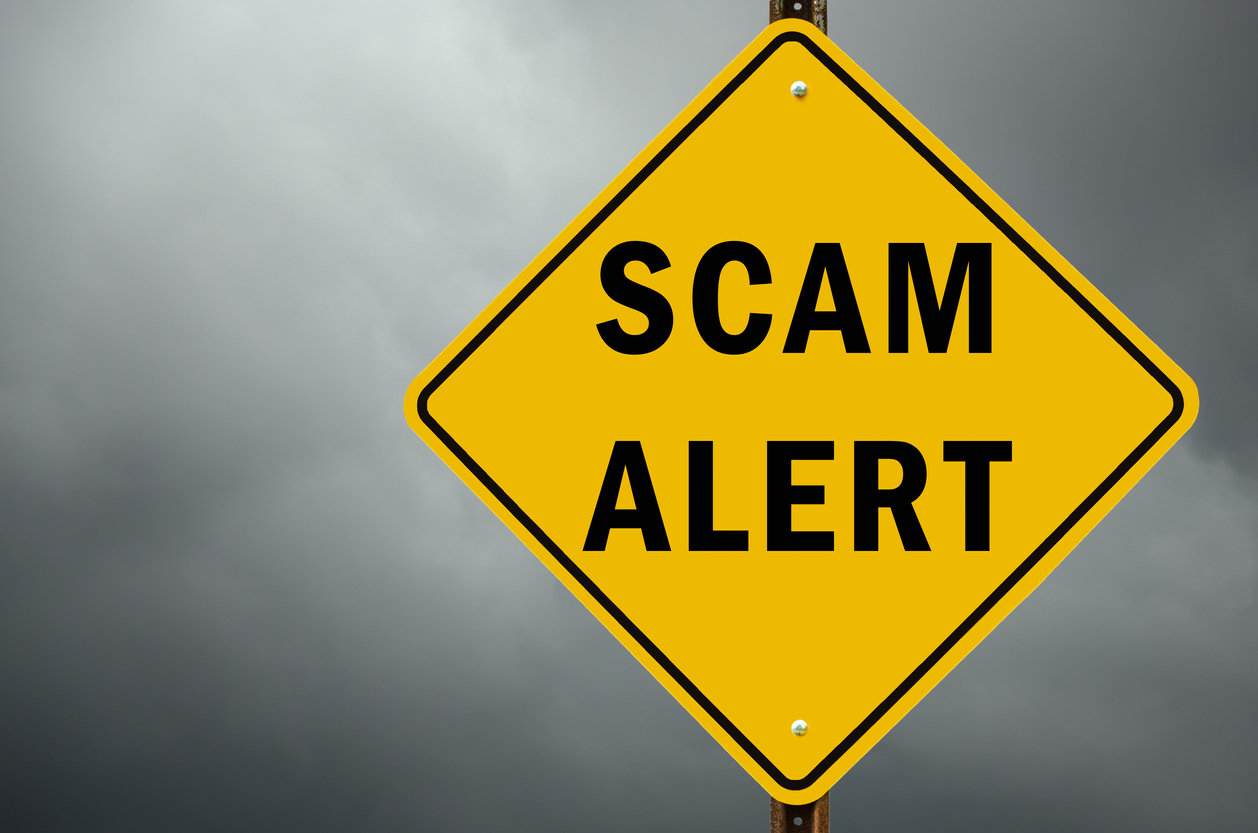
Did you know that you can sign up for scam alerts from the FTC? You can. All you have to do is head over to ftc.gov/scams to get tips and alerts about the latest scams sent directly to your inbox. Or you can also check the website directly. Right now they've got great info up about how coronavirus scammers follow the headlines.
Think before you click.

If you're getting a text from an unknown sender that's just a link, don't click it. It's just not worth it. Clicking on that link could download a virus to your device or computer. Sometimes you can tell a text link is bogus just by the way it looks, but some scammers are really good and can make looks look legit-ish, which is why it's always better to exercise extreme caution before clicking.
If you do want to click a link, check it before clicking.

OK, you got a text or email from a source you think is credible and you want to click on it, but you're still a little uncomfortable. Instead of directly clicking on the link and taking your chances, you can type the link into a free link checker service like Norton SafeWeb, Google Transparency Report, or URLVoid to see whether they think it's a safe link or not.
Your caller ID could be lying.
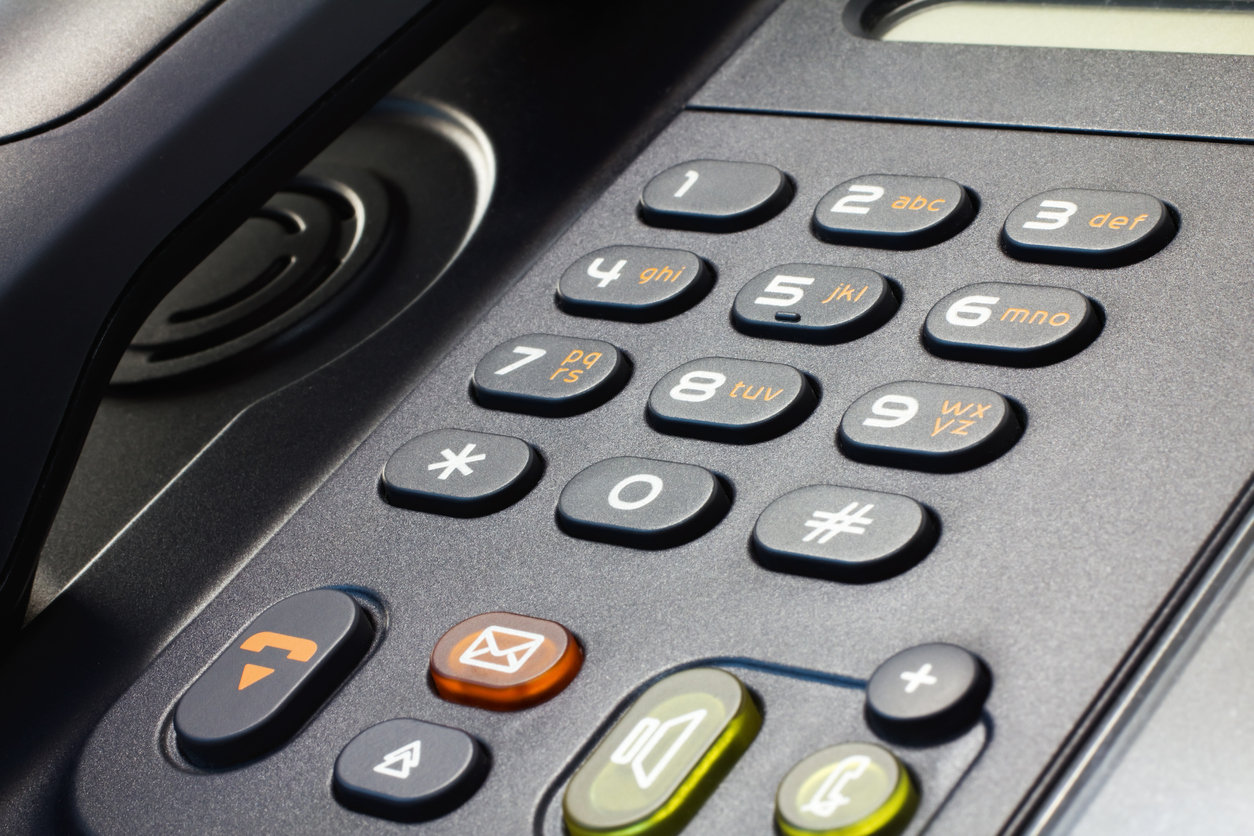
Guess what? Some scammers are so good that they know how to manipulate your caller ID. That means that the name and number that you get displayed on your caller ID could be totally fake. A good way to check is by calling that number back to see if it is legit and even then, beware.
No one needs to know your username and password.
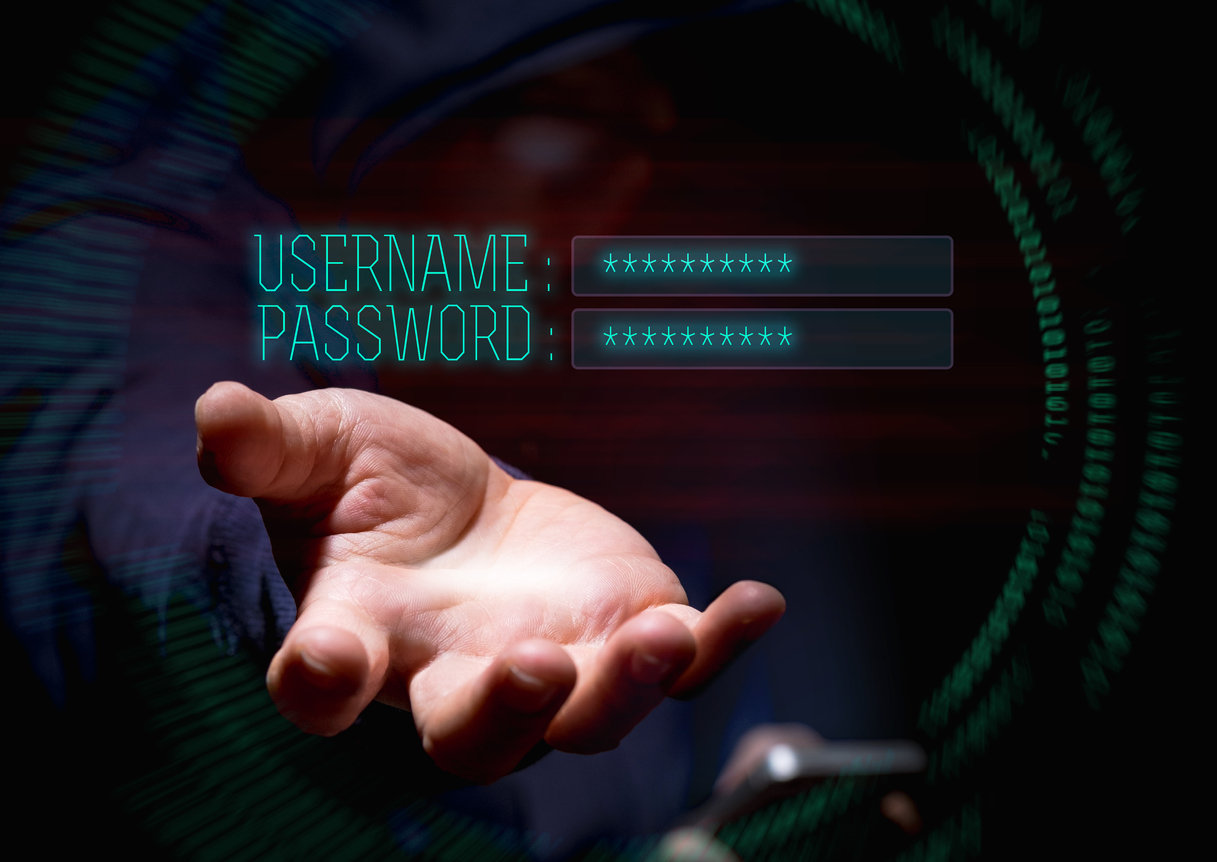
If anyone is asking you for your username and password for anything, consider that a parade of red flags. This is not information that any legitimate company or individual would be asking you for. It's never safe to give out this information. Just don't do it.
What should you do if you did give out your username and password?

As soon as you realize your mistake, change your username and password on all relevant accounts. If you use the same username and password on all your accounts, which you should totally not be doing, then you need to change them on all of your accounts. Also, check any statements for charges you have not made so that you can report them.
Pay in the safest way possible.
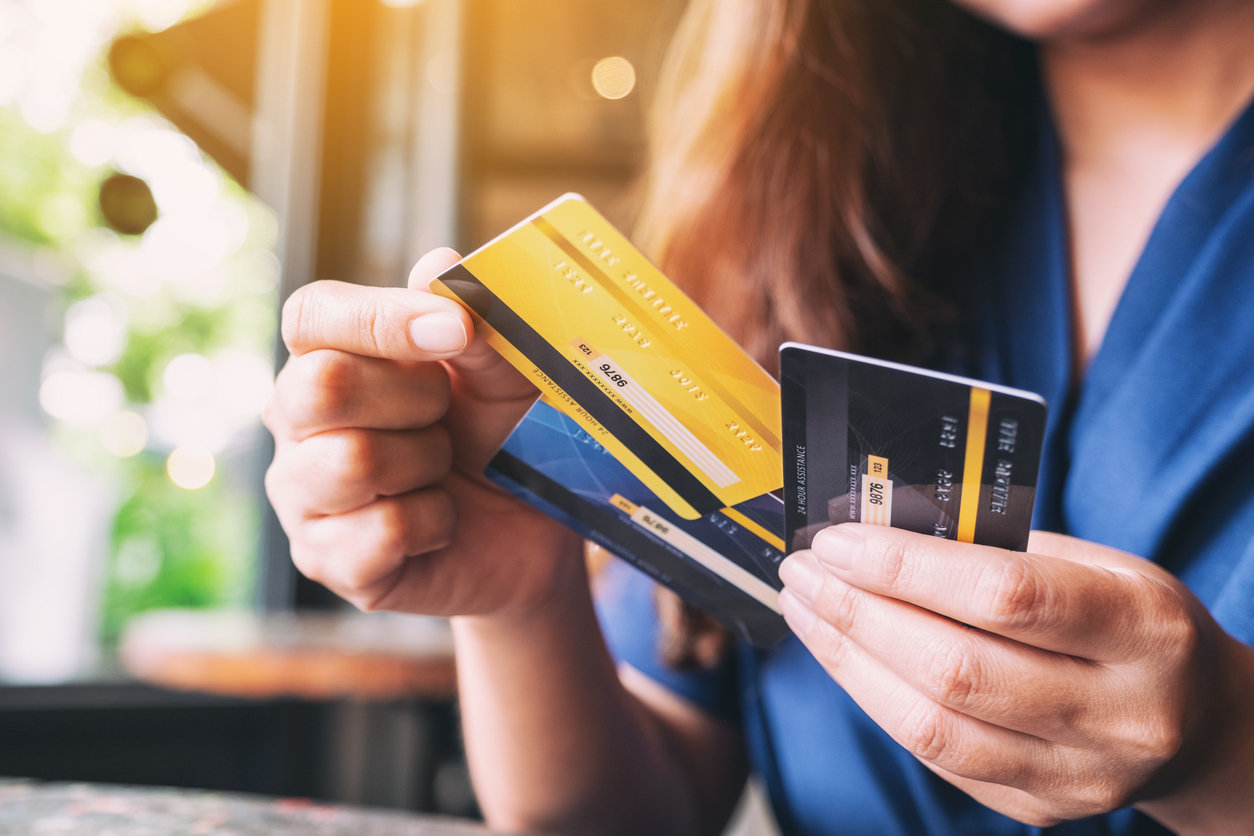
If you do decide to pay for something or donate money to a cause after doing your research, do it in the safest way possible. Most credit cards offer fraud protection that you can call upon if it comes to that, but wiring money, giving out cash, or even writing a check can mean that you may never get that money back if you are scammed.
Do not feel rushed to do anything.

If you get asked to give money or hand over your personal information and are being pressured to do it quickly, don't give into the pressure. Take your time and research whether you the person/company asking you for whatever they are asking you for is legit. You get to do things on your time. Any person or company on the up-and-up knows that and won't fight you on it.




